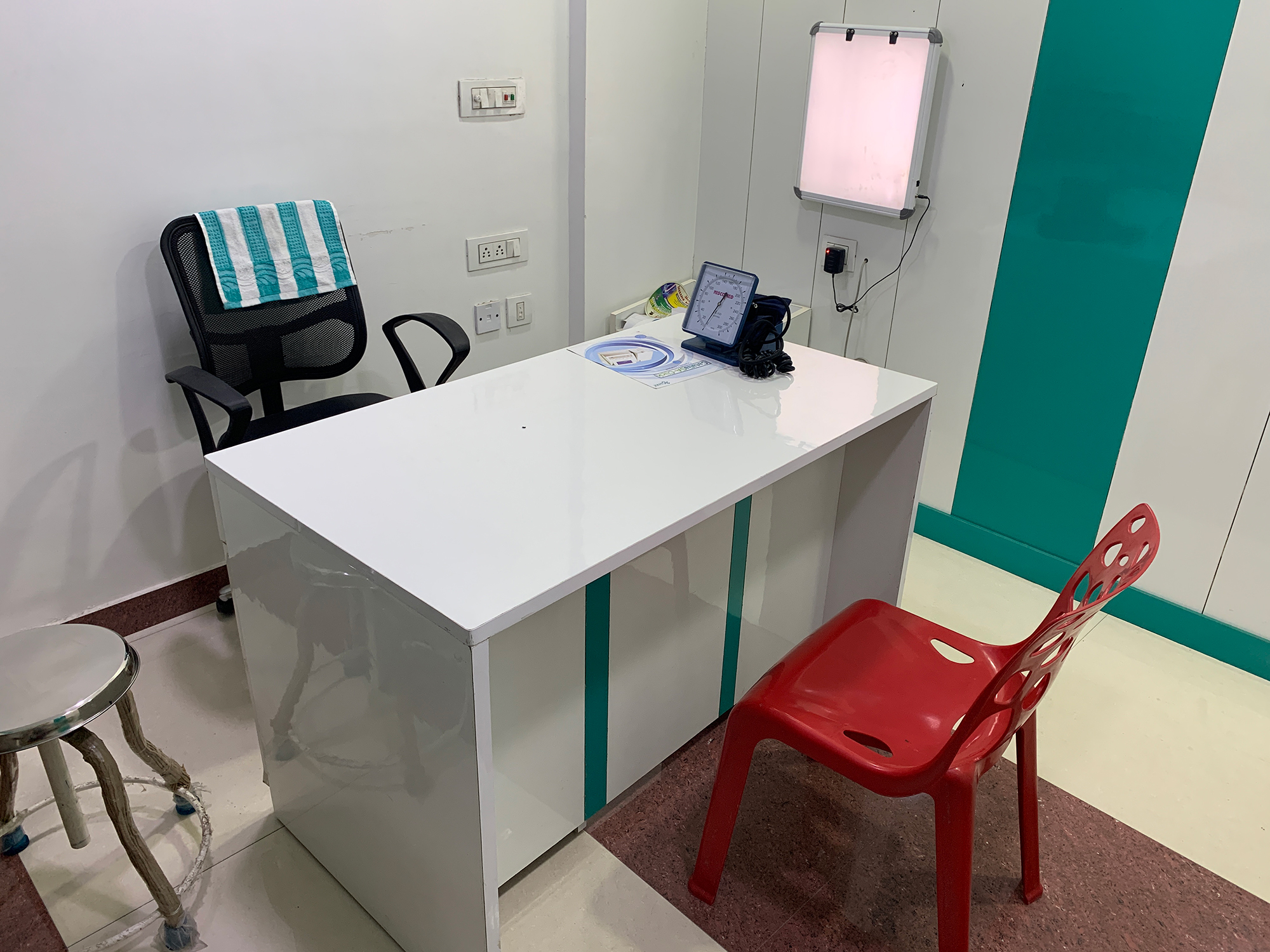Gastroenterology
This is handled at the OPD Level – and covers the diagnosis and treatment of the digestive system disorders affecting the esophagus, stomach, small and large intestines, rectum, liver, gall bladder and pancreas. The first sign of problems in the digestive tract often includes one or more of the following symptoms:
- Bleeding
- Bloating
- Constipation
- Diarrhea
- Heartburn
- Incontinence
- Nausea and vomiting
- Pain in the belly
- Swallowing problems
- Weight gain or loss
A digestive disease is any health problem that occurs in the digestive tract. Conditions may range from mild to serious. Some common problems include cancer, irritable bowel syndrome, and lactose intolerance. Other digestive diseases include:
- Gallstones, cholecystitis, and cholangitis
- Rectal problems, such as anal fissure, hemorrhoids, proctitis, and rectal prolapse
- Esophagus problems, such as stricture (narrowing) and achalasia and esophagitis
- Stomach problems, including gastritis, gastric ulcers usually caused by Helicobacter pyloriinfection and cancer
- Liver problems, such as hepatitis B or hepatitis C, cirrhosis, liver failure, and autoimmune and alcoholic hepatitis
- Pancreatitis and pancreatic pseudocyst
- Intestinal problems, such as polyps and cancer, infections, celiac disease, Crohn disease, ulcerative colitis, diverticulitis, malabsorption, short bowel syndrome, and intestinal ischemia
- Gastroesophageal reflux disease (GERD), peptic ulcerdisease, and hiatal hernia
Tests for digestive problems can include colonoscopy, upper GI endoscopy, capsule endoscopy, endoscopic retrograde cholangiopancreatography (ERCP), and endoscopic ultrasound. Many surgical procedures are performed on the digestive tract. These include procedures done using endoscopy, laparoscopy, and open surgery. Organ transplants can be performed on the liver, pancreas, and small intestine. These investigative facilities are available at the AHC.


